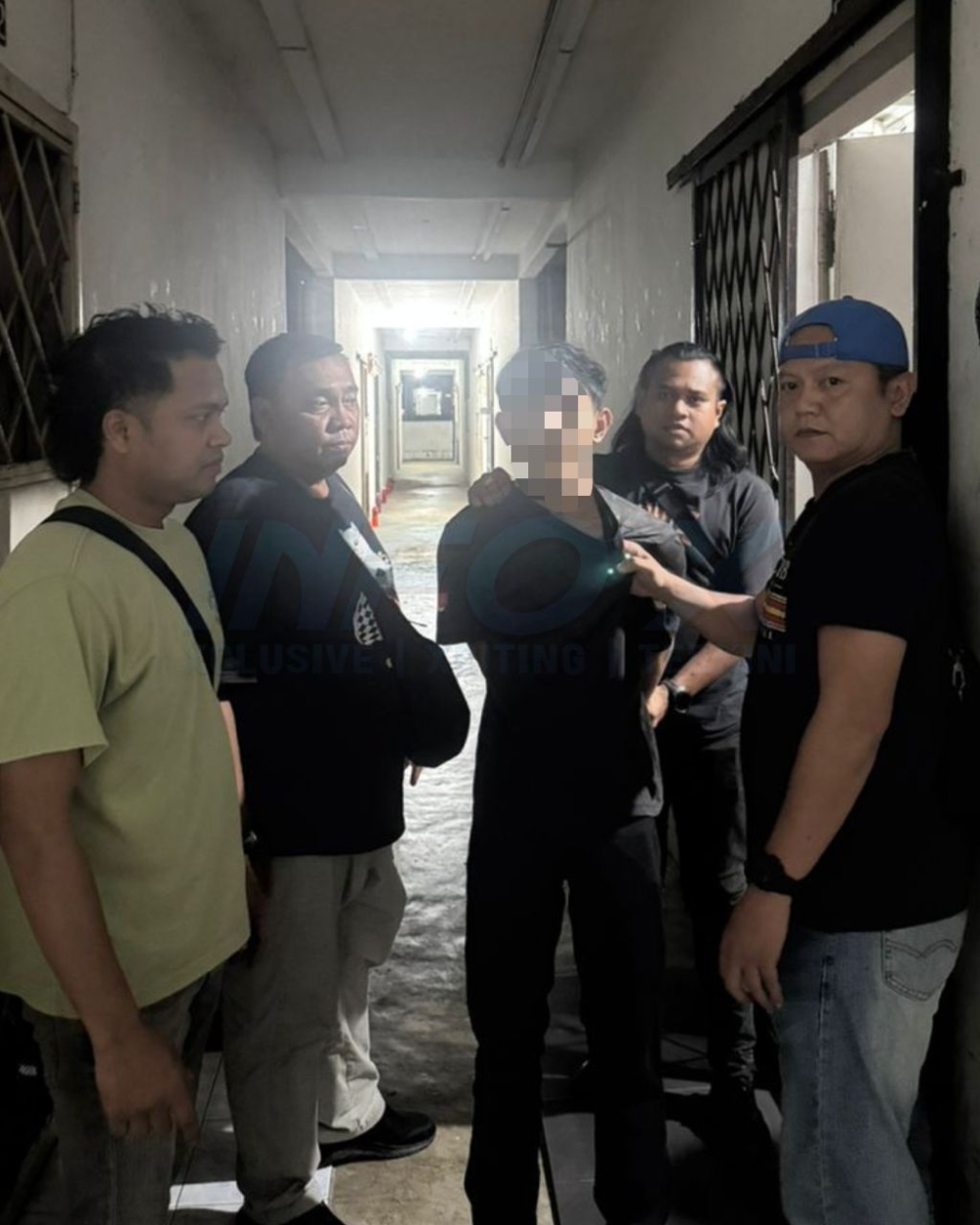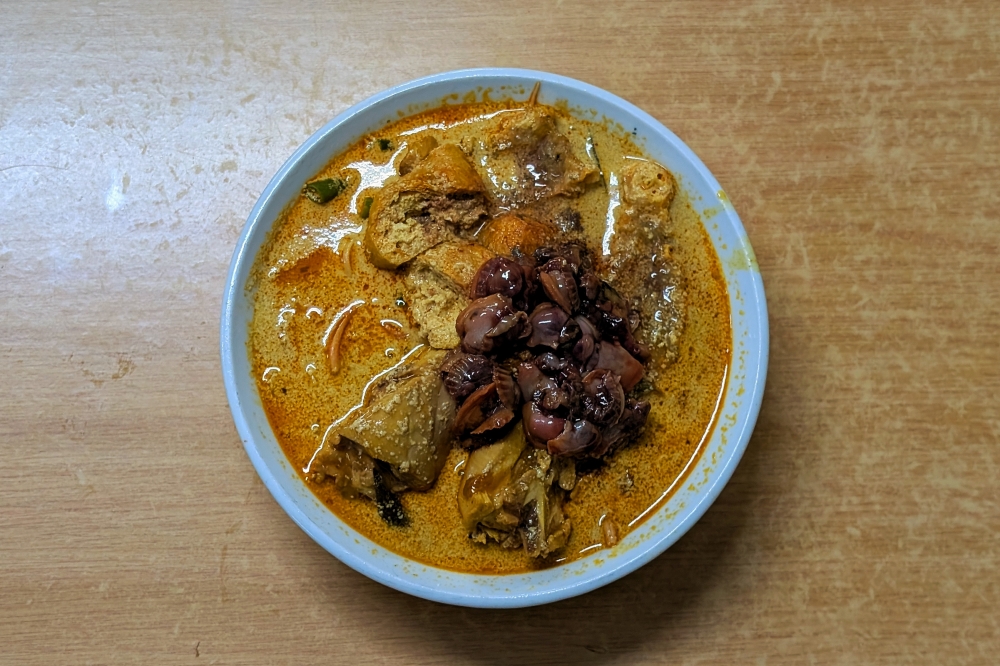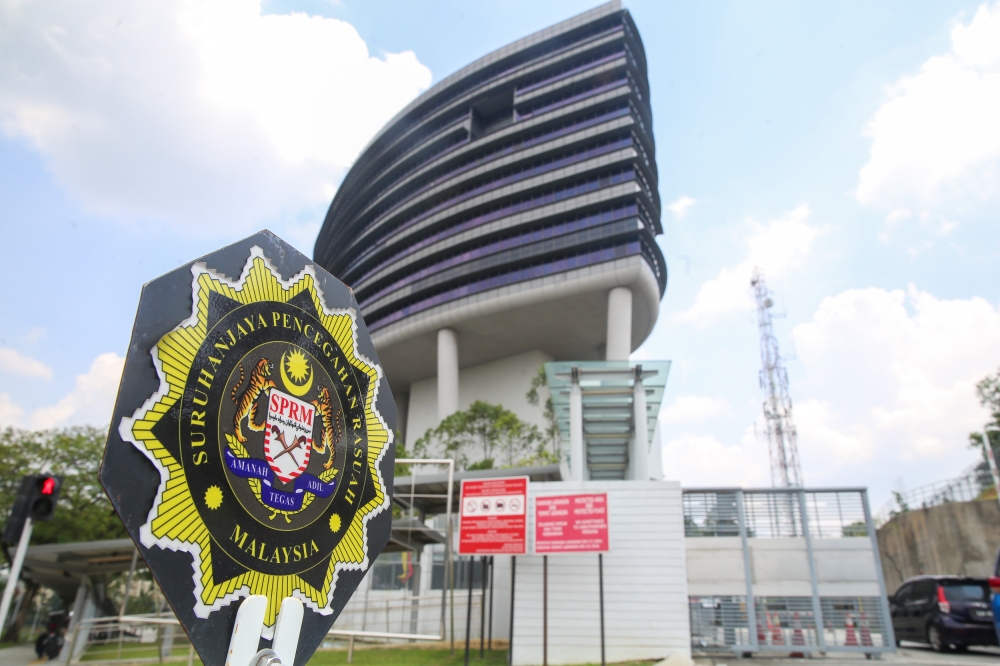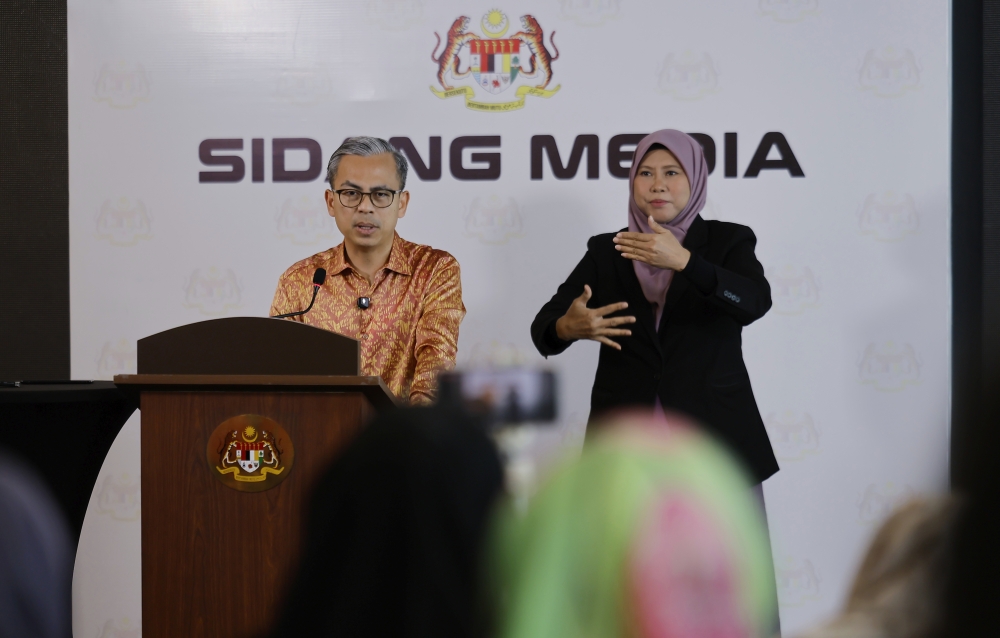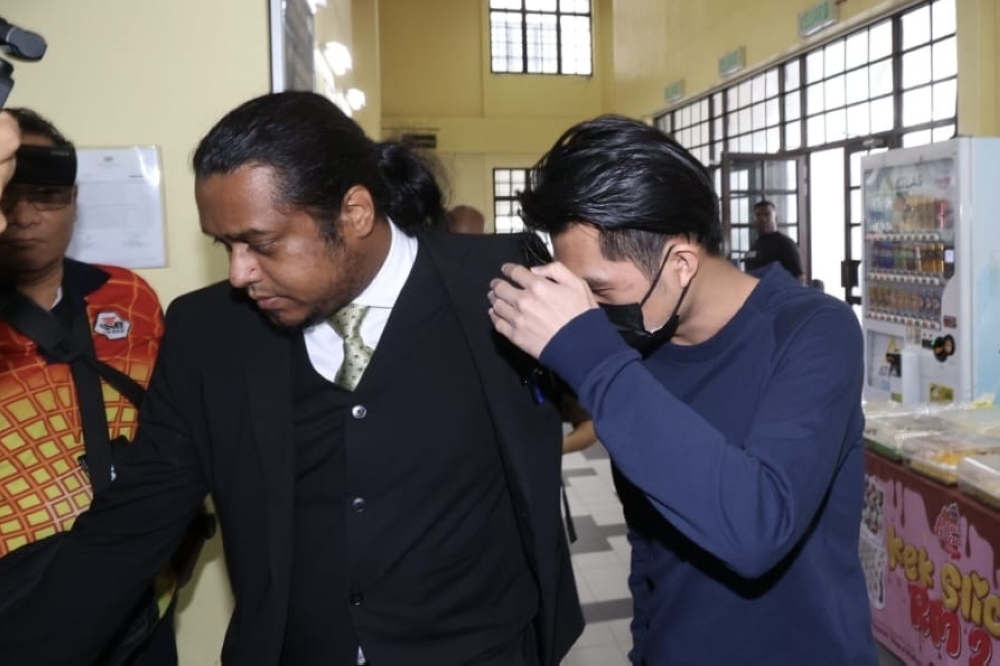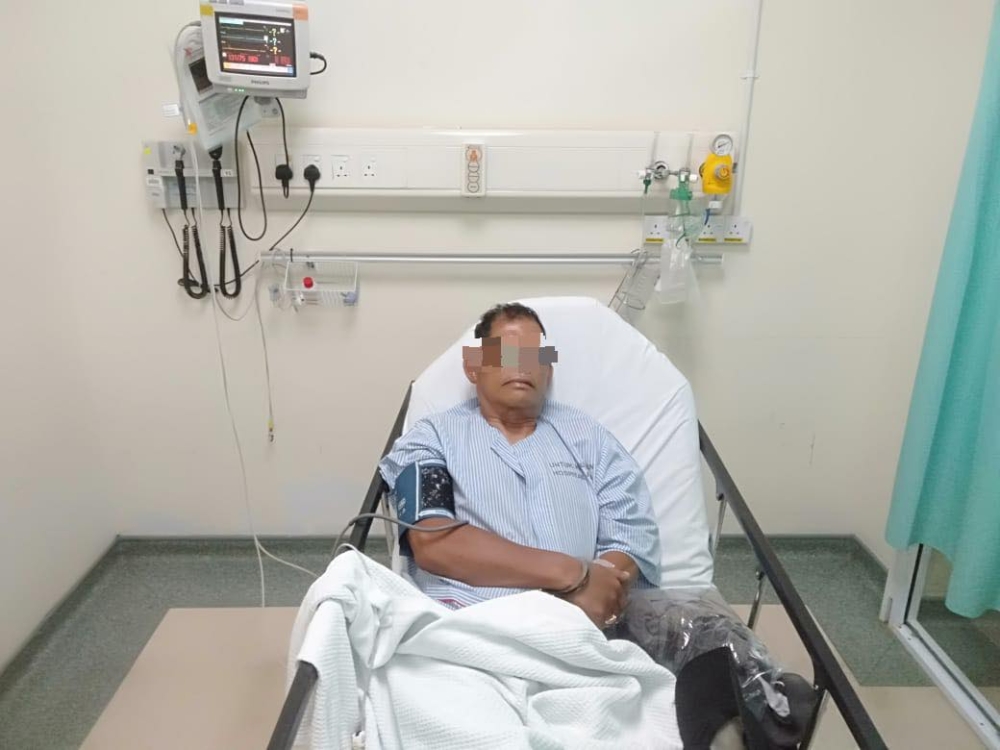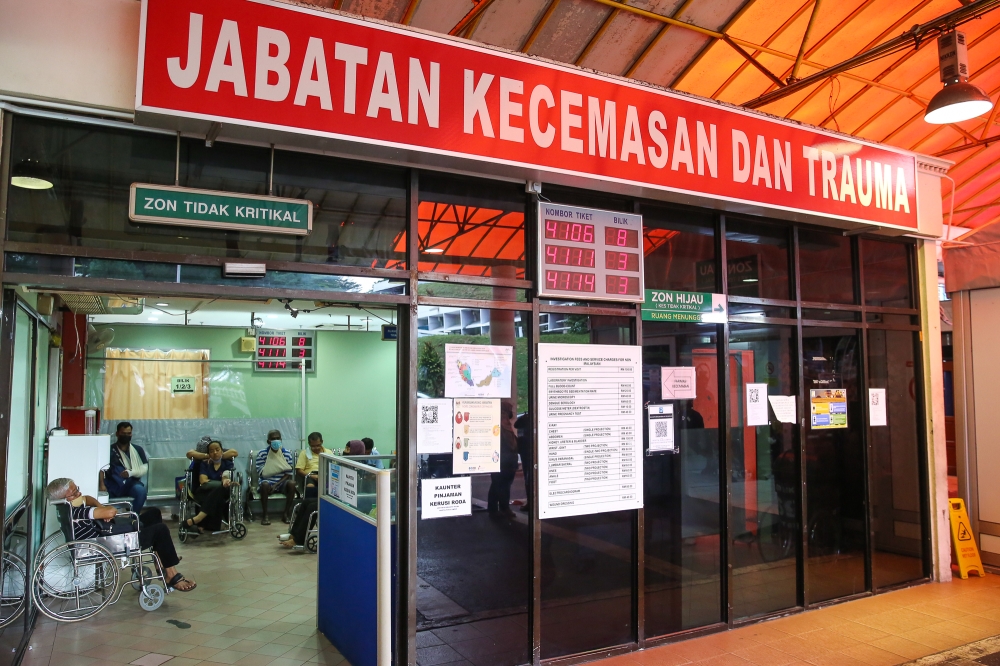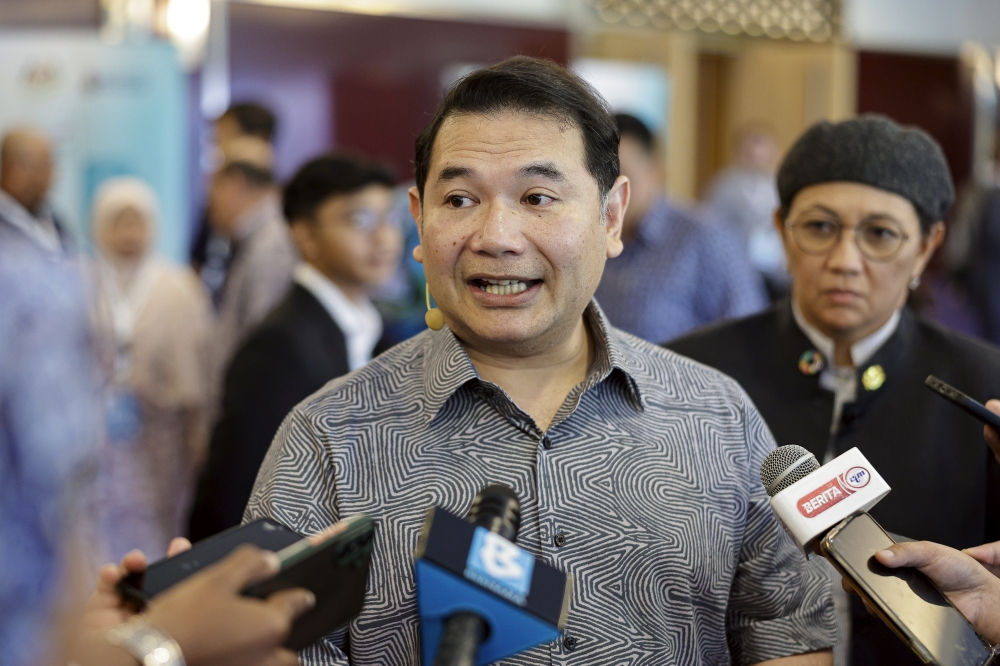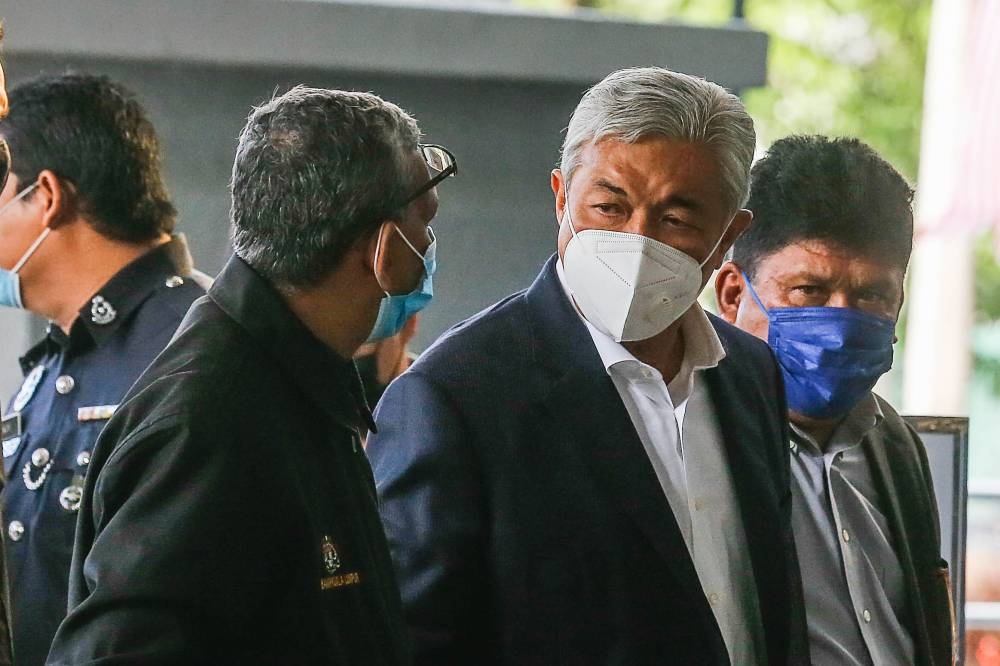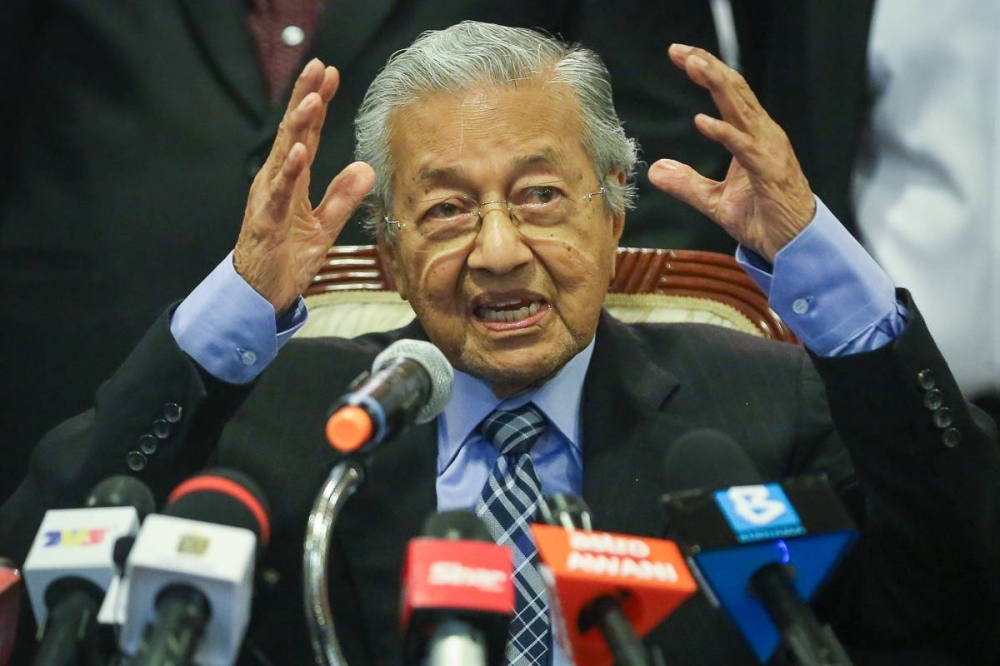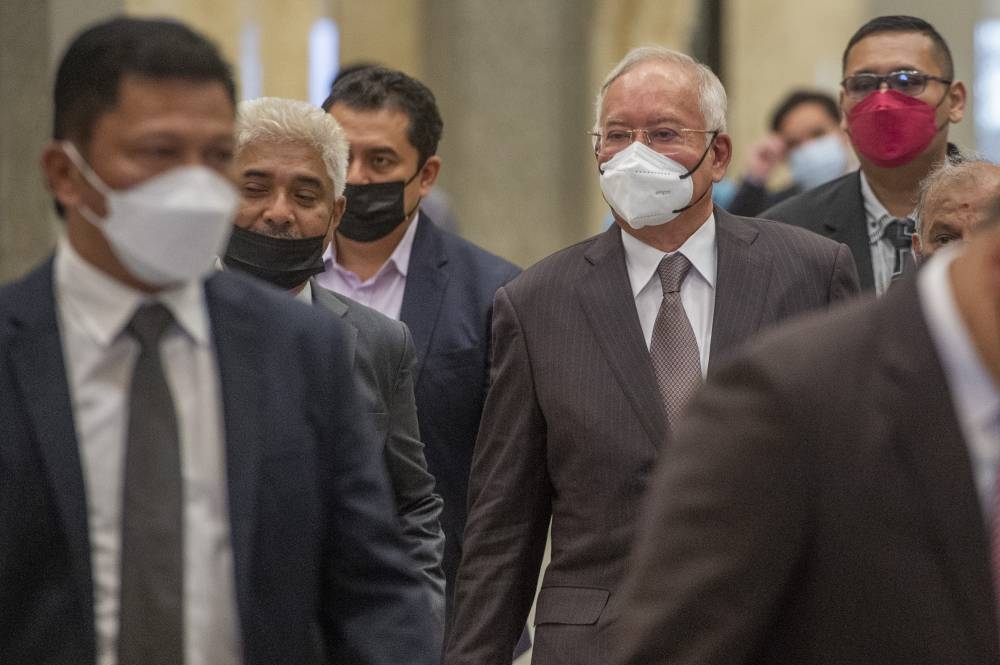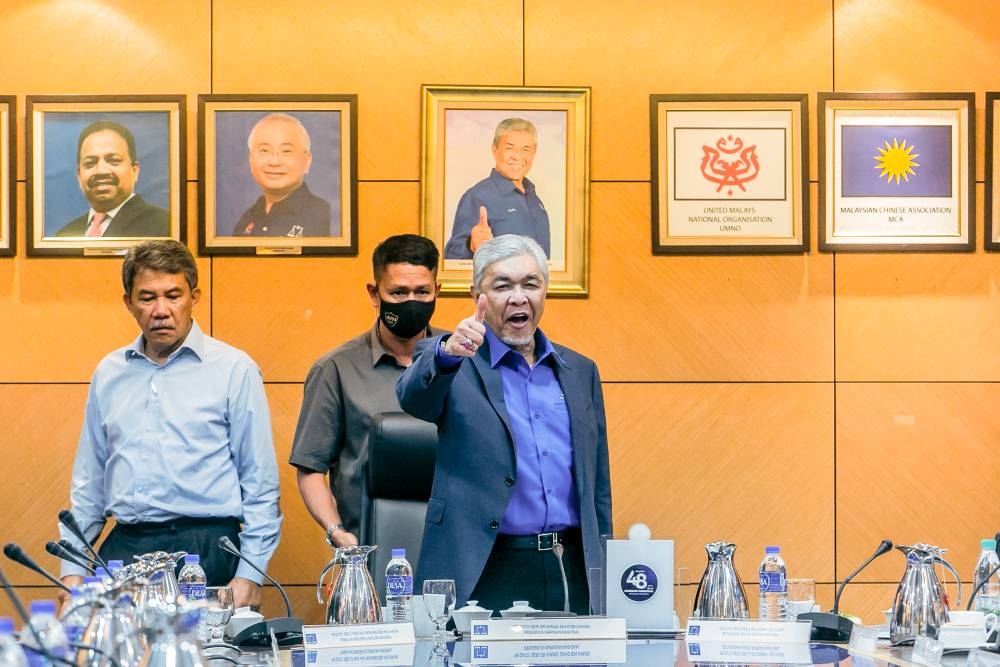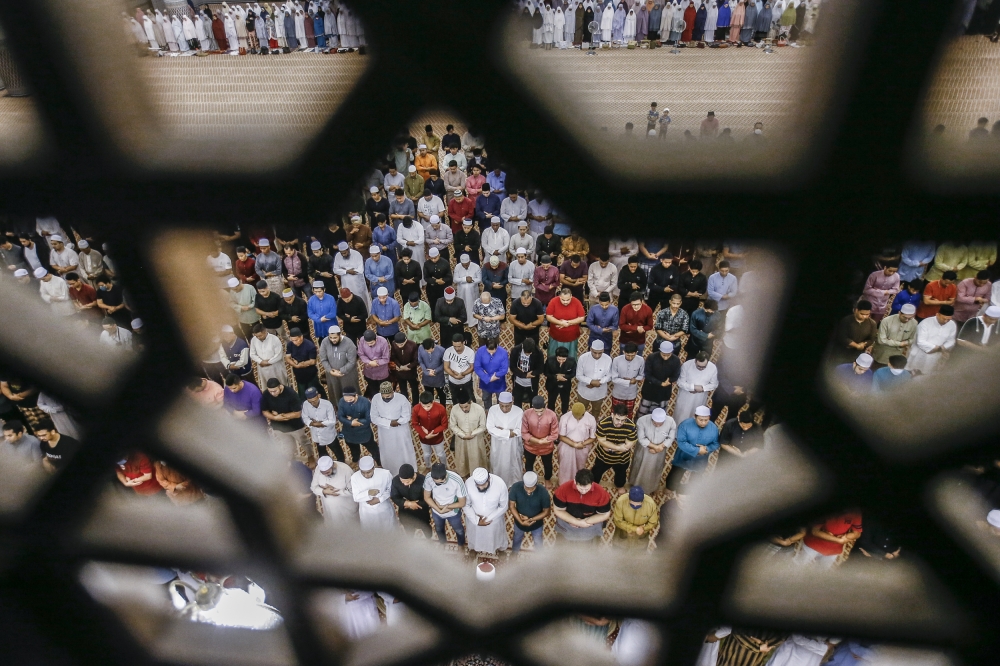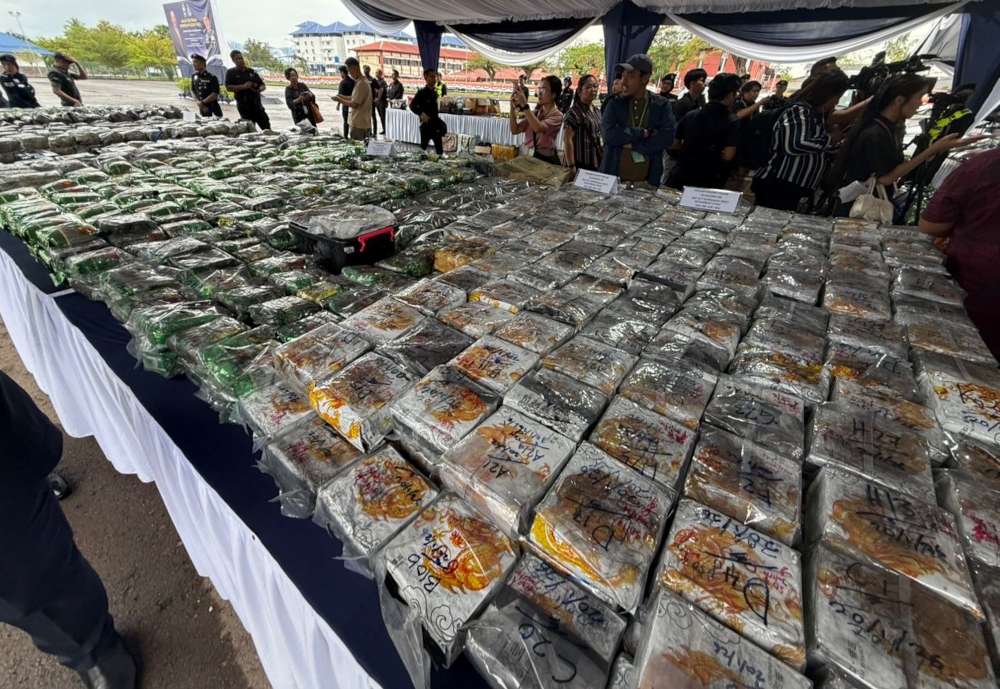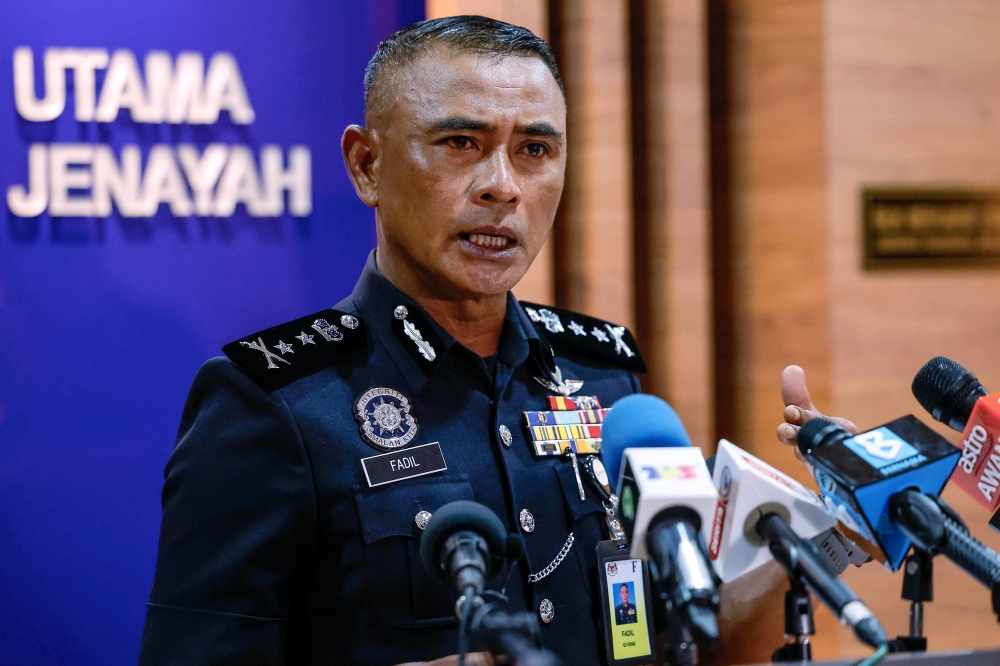KUALA LUMPUR, Aug 22 — Datuk Seri Ahmad Zahid Hamidi today denied that the two cheques worth RM6 million which he received in April 2017 from an officer of passport chips supplier Datasonic Technologies Sdn Bhd was a bribe, insisting that it was a political donation that he could freely decide its use.
Testifying in his own defence in his corruption trial, the former home minister claimed that the RM6 million could have gone directly into his personal bank account as it was a political donation that was for him as a politician and not specifically for his political party Umno.
But Ahmad Zahid also stressed, however, that the RM6 million via two cheques were instead channelled to the client account of law firm Lewis & Co, which he said was the trustee for his charitable organisation Yayasan Akalbudi.
"Although this is a political donation, I should put in into my personal account, but instead I put it into the client's account, the trust account," he told the High Court today.
When cross-examined by deputy public prosecutor Abdul Malik Ayob, Ahmad Zahid also insisted today that political donations could be used for charity.
Abdul Malik: Is there a difference between political donation with amal jariah (charity)?
Ahmad Zahid: Political donations can be used for charity usually. I never used political donations or amal jariah for my personal use.
Abdul Malik: When the word 'political donation' is used, it means it is donation for political activities or political parties.
Ahmad Zahid: No. As political donations go to a politician for political activities in his parliamentary area or his party division or political activities nationwide or places that he thinks are suitable for political expenditure.
Abdul Malik then said none of the RM6 million which was purported to be a "political donation" was given to Umno or Barisan Nasional, but Ahmad Zahid continued to insist that such money did not necessarily have to go to the political party.
"Not necessarily given to the political party, because any politician who receives under the name of Umno or other parties, the cheque has to go into that party. But if to any politician, that politician has the discretion to put it into his personal account or any accounts that are more suitable. In this matter, I never banked in this political donation into my personal account," Ahmad Zahid replied.
Ahmad Zahid, who was Umno deputy president in 2017, indicated that the cheques totalling RM6 million would have only been meant for political parties if they had named the political party as the recipient of the money.
Abdul Malik: In this case, the donation is for the politician, namely you.
Ahmad Zahid: Any politician who receives such donations, it does not go into the political party, because politicians have their constituencies or national positions. In this case, I was carrying out duties as the party's deputy president because that money, although it was for political purposes, but I did not use for political purposes or personal purposes, instead gave it for charity, wakaf and religious activities.
Ahmad Zahid disagreed with Abdul Malik's suggestion that the charitable organisation Yayasan Akalbudi is not allowed to support any political parties through funds, also disagreeing with the suggestion that Yayasan Akalbudi cannot receive funds that are political donations.
Abdul Malik suggested that as none of the RM6 million went to either Umno or BN but was banked into Lewis & Co's client account, these funds were actually bribes given to Ahmad Zahid to support the awarding of a contract to a company which was actually not qualified. But Ahmad Zahid disagreed with this suggestion.
In this case, Ahmad Zahid is facing 47 charges, namely 12 of them for criminal breach of trust in relation to more than RM31 million of charitable foundation Yayasan Akalbudi’s funds, 27 counts of money laundering, and eight counts of bribery charges over RM21.25 million of alleged bribes.
Two of the eight corruption charges see Ahmad Zahid accused of receiving two cheques dated April 25, 2017 - issued by Sarana Kencana Sdn Bhd - for the sum of RM1 million and RM5 million from Datasonic Group Berhad’s then deputy managing director Chew Ben Ben over the appointment of Datasonic Technologies Sdn Bhd (DTSB) as the supplier of 12.5 million Malaysian passport chips for the Immigration Department via direct negotiations with the Home Ministry.
Ahmad Zahid confirmed he did not issue any letter to Chew to acknowledge receiving the purported political donation of RM6 million, adding that he did not remember if he had issued any letter to Sarana Kencana’s director Datuk Abu Hanifah Noordin — who was also Datasonic Group Berhad’s former chief executive officer — to acknowledge receiving the alleged political donation.
Ahmad Zahid said he was unsure if any letters had been issued to DTSB on the RM6 million as he said the money was banked into the client account handled by Lewis & Co, and said he could not remember if Yayasan Akalbudi had issued any letters — to acknowledge receiving the donation to Chew, Abu Hanifah, DTSB or Sarana Kencana.
Among other things, Ahmad Zahid today denied having a “special relationship” with Datasonic.
Ahmad Zahid was explaining why he had written in a minute on a letter in 2014 to instruct the Home Ministry’s secretary-general to invite him for a presentation and where he stated “dan saya pengerusikan khusus untuk syarikat ini” or that he would be chairing the presentation specifically for Datasonic.
He explained that this was because the supply of passports in Malaysia was at a critical stage then and that Datasonic was the sole supplier at that time, highlighting that the meeting was to ensure the required supply level to cope with the shortage immediately.
“It is the sole distributor or supplier, so it is impossible that I call other companies. So this is to fulfil the requirements of the national KPI (key performance indicator), because the applications from Malaysian citizens who wanted to renew passports or the supply of new passports at the Immigration Department and UTC was at a very critical level of supply. So I took the initiative to chair because I wanted to push that company to achieve the KPI set by the Immigration Department,” he said, as he denied having a special relationship with the company.
Ahmad Zahid’s trial before High Court judge Datuk Collin Lawrence Sequerah resumes this afternoon.

